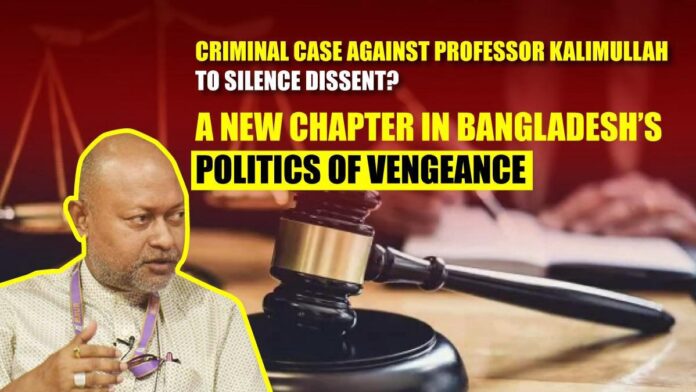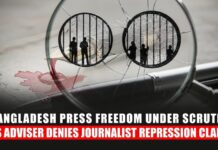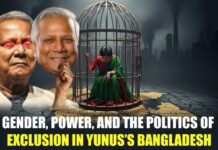
In today’s Bangladesh, the word “corruption” is no longer just an economic crime—it’s often a weapon to crush dissent and settle political scores. The recent Anti-Corruption Commission (ACC) case against former Begum Rokeya University Vice Chancellor Professor Nazmul Ahsan Kalimullah and four others has reignited these fears.
According to the ACC, the charges involve:
• Unauthorized changes to approved project designs
• Signing multimillion-taka contracts without ministry approval
• Advancing irregular payments to contractors
• Embezzling security deposit funds
• Illegally appointing a second consultant, violating government regulations
The Commission claims these actions caused a loss of nearly 4 crore taka to the state.
But the story goes deeper.
Professor Kalimullah is not just an academic—he’s a vocal public intellectual and fierce critic of state corruption, bureaucratic failure, and policy shortcomings. His columns and talk-show appearances have long sparked public debate and drawn the ire of those in power.
That’s why many in civil society suspect the case is not about corruption—but control.
One prominent human rights activist stated:
“When the real looters roam free, targeting a scholar critical of the government reveals a dangerous contempt for democracy.”
This is not an isolated case. Across Bangladesh, dissent is increasingly met with administrative harassment, media repression, and political influence in academic institutions. Free thought and democratic space are shrinking fast.
In this context, the case against Kalimullah is not just a legal proceeding—it’s a test of the nation’s democratic maturity and institutional neutrality.
The investigation and trial must be transparent, impartial, and credible.
If not, history may remember it not as a fight against corruption—but as yet another chapter in the silencing of dissent.



